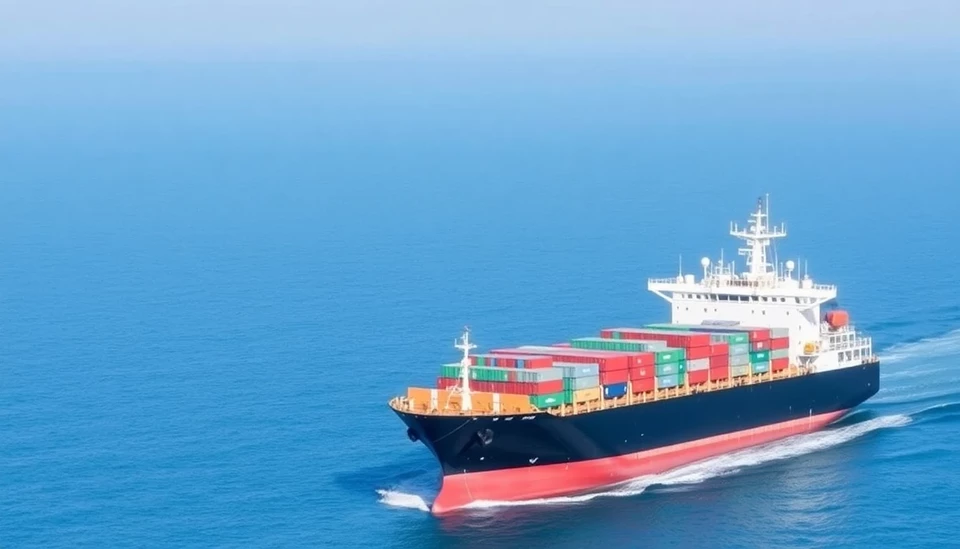
In a significant move to enhance its environmental governance, China has announced an initiative to gather comprehensive data on greenhouse gas emissions from maritime vessels. This development comes as part of China's expanding national carbon trading system, which aims to rigorously monitor and reduce emissions across various sectors, including shipping, a vital component of its economy and trade infrastructure.
The decision was revealed during a recent press briefing by the Ministry of Transport, which indicated that ship operators will now be required to report emissions data regularly. This data collection is seen as vital for policymakers to understand the environmental impact of maritime trade and to shape future regulations aimed at reducing carbon footprints across the industry.
This initiative is expected to bolster China’s efforts to meet its environmental goals, particularly its commitment to peak carbon emissions before 2030 and achieve carbon neutrality by 2060. By emphasizing the maritime sector, a key contributor to global emissions, China hopes to set a precedent for other countries and encourage more sustainable shipping practices worldwide.
The shipping industry is responsible for approximately 3% of global carbon dioxide emissions, and with China being one of the largest trade nations, its shipping fleet significantly contributes to this figure. The collection of emissions data is anticipated to provide a clearer picture of the industry’s environmental impact, facilitating better regulatory frameworks and encouraging innovation toward greener technologies in shipping.
According to the Ministry of Transport, the new measures will be rolled out gradually, with initial phases focusing on larger vessels and high-emission routes. As the data collection system evolves, it is expected to encompass a broader range of shipping operators, ensuring comprehensive coverage of emissions from all maritime activities.
Furthermore, industry experts anticipate that this regulatory evolution will stimulate investments in clean energy solutions for the shipping sector. Technologies such as wind-assisted propulsion, biofuels, and electric-powered vessels may see increased adoption as operators work to comply with stricter emissions standards and seek competitive advantages in a market that is progressively prioritizing sustainability.
In conjunction with this new initiative, China is also urging shipping companies to participate in international discussions surrounding emissions reductions, thereby positioning itself as a leader in maritime environmental management. The outcome of these discussions could influence global shipping regulations and emissions standards in the coming years.
Ultimately, China’s push for emissions data from ships signifies a critical step towards sustainable maritime practices. As the government intensifies its focus on environmental responsibility, it remains crucial for stakeholders across the shipping industry to adapt and innovate to meet the demands of a cleaner, greener future.
As this initiative unfolds, many will be watching closely to see how effectively China can balance its economic interests with its environmental responsibilities, setting an example for nations around the world.
<#> #China #EmissionsData #ShippingIndustry #Sustainability #CarbonTrading #GreenTransport #EnvironmentalPolicy #MaritimeTrade
Author: Sophie Bennett




